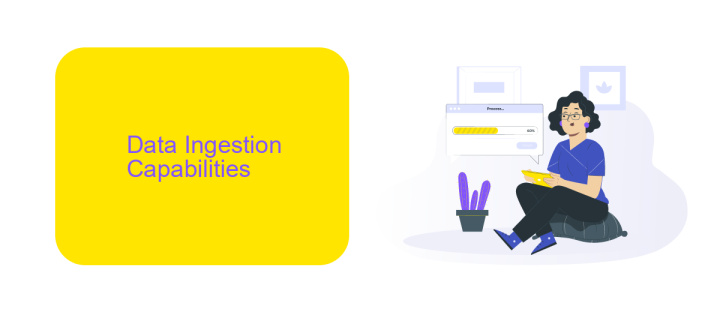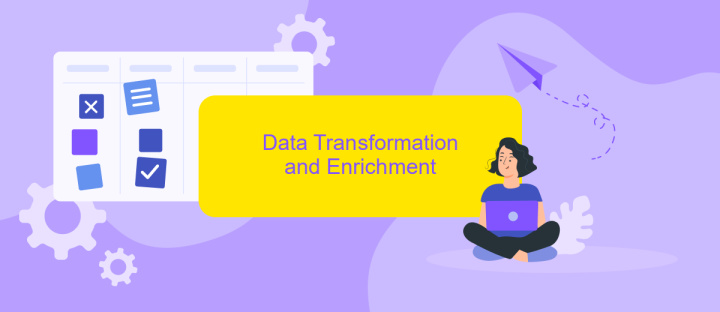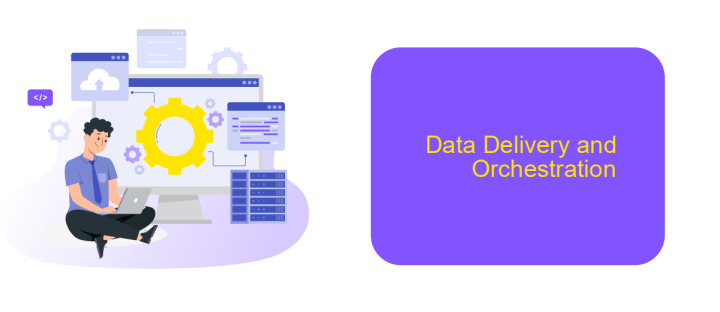Fivetran Vs Alooma
In the rapidly evolving landscape of data integration, Fivetran and Alooma stand out as two prominent solutions. Both platforms offer robust features designed to streamline the process of extracting, transforming, and loading (ETL) data from various sources to your data warehouse. This article delves into a detailed comparison of Fivetran and Alooma, evaluating their strengths, weaknesses, and unique offerings.
Introduction
In today's data-driven world, businesses rely heavily on efficient data integration platforms to streamline their operations. Fivetran and Alooma are two prominent players in this space, each offering unique features and capabilities. Understanding the differences between these platforms can help organizations make informed decisions about which tool best suits their needs.
- Fivetran: Known for its simplicity and ease of use, Fivetran provides automated data connectors that require minimal maintenance.
- Alooma: Offers a more customizable and flexible approach, allowing users to tailor data pipelines to their specific requirements.
- ApiX-Drive: An additional service that can facilitate seamless integration between various platforms, enhancing the overall data integration process.
Both Fivetran and Alooma have their strengths and are designed to address different aspects of data integration. While Fivetran focuses on automation and ease of use, Alooma provides greater flexibility and customization. By considering factors such as scalability, customization, and ease of use, businesses can choose the platform that aligns with their data integration goals.
Data Ingestion Capabilities

Fivetran excels in data ingestion capabilities by offering automated data pipelines that require minimal maintenance. With pre-built connectors to a wide range of data sources, including databases, cloud applications, and event logs, Fivetran simplifies the process of data integration. The platform ensures data is continuously synced and up-to-date, reducing the need for manual intervention and allowing businesses to focus on data analysis rather than data collection.
Alooma, on the other hand, provides a more customizable approach to data ingestion. It allows users to build custom data pipelines with a high degree of flexibility, supporting various data transformations and integrations. Alooma's real-time data processing capabilities ensure that data is ingested and transformed on the fly. For businesses looking to integrate with specific applications or services, tools like ApiX-Drive can further simplify the setup process, offering a user-friendly interface to manage and automate integrations without extensive coding.
Data Transformation and Enrichment

When it comes to data transformation and enrichment, both Fivetran and Alooma offer robust solutions, but their approaches differ significantly. Fivetran focuses on automated data integration with minimal configuration, ensuring that your data is always up-to-date and ready for analysis. On the other hand, Alooma provides more flexibility and control, allowing for custom transformations and complex data workflows.
- Fivetran: Automated schema migrations and transformations.
- Alooma: Custom SQL transformations and Python scripting capabilities.
- Fivetran: Pre-built connectors for seamless integration.
- Alooma: Real-time data processing and enrichment.
For users seeking additional customization and integration options, services like ApiX-Drive can complement these platforms by providing easy-to-use tools for setting up and managing integrations. ApiX-Drive enables businesses to automate data workflows between various applications without the need for extensive coding, making it a valuable asset in a comprehensive data strategy.
Data Delivery and Orchestration

When it comes to data delivery and orchestration, both Fivetran and Alooma offer robust solutions to streamline data integration processes. These platforms are designed to automate the extraction, transformation, and loading (ETL) of data, ensuring seamless data flow between various sources and destinations.
Fivetran focuses on providing a fully managed service that requires minimal configuration, making it easy for users to set up and maintain data pipelines. Alooma, on the other hand, offers more customization options, allowing users to tailor their data workflows to specific business needs. This flexibility can be advantageous for organizations with complex data environments.
- Fivetran: Automated schema management and real-time data synchronization.
- Alooma: Customizable data transformations and advanced error handling.
- ApiX-Drive: Simplified integration setup with user-friendly interface and support for various data sources.
Choosing between Fivetran and Alooma depends on your organization's specific requirements for data delivery and orchestration. While Fivetran excels in ease of use and automation, Alooma offers greater control and customization. For those looking for an additional option, ApiX-Drive provides a straightforward way to manage integrations, making it a valuable tool in the data orchestration landscape.
Pricing and Customer Support
When comparing Fivetran and Alooma, pricing is a critical factor to consider. Fivetran offers a transparent pricing model based on the volume of data processed, which can be more predictable for budgeting purposes. On the other hand, Alooma's pricing is more customized, often requiring potential customers to contact their sales team for a quote, which might be less convenient for some businesses. Both platforms provide robust data integration services, but Fivetran's straightforward pricing can be a significant advantage for organizations looking for clarity and simplicity.
Customer support is another crucial aspect when choosing between Fivetran and Alooma. Fivetran is known for its responsive customer service and extensive documentation, making it easier for users to troubleshoot issues independently. Alooma also offers strong customer support, with dedicated account managers for personalized assistance. For businesses seeking additional support in setting up integrations, services like ApiX-Drive can be invaluable. ApiX-Drive simplifies the integration process, ensuring smooth and efficient data flow between various platforms. This can be particularly beneficial for companies looking to optimize their data management without extensive technical resources.
- Automate the work of an online store or landing
- Empower through integration
- Don't spend money on programmers and integrators
- Save time by automating routine tasks
FAQ
What are the key differences between Fivetran and Alooma?
Which service offers better support for real-time data integration?
How do Fivetran and Alooma handle data transformation?
What are the pricing models for Fivetran and Alooma?
Are there alternatives to Fivetran and Alooma for automating data integrations?
Do you want to achieve your goals in business, career and life faster and better? Do it with ApiX-Drive – a tool that will remove a significant part of the routine from workflows and free up additional time to achieve your goals. Test the capabilities of Apix-Drive for free – see for yourself the effectiveness of the tool.


